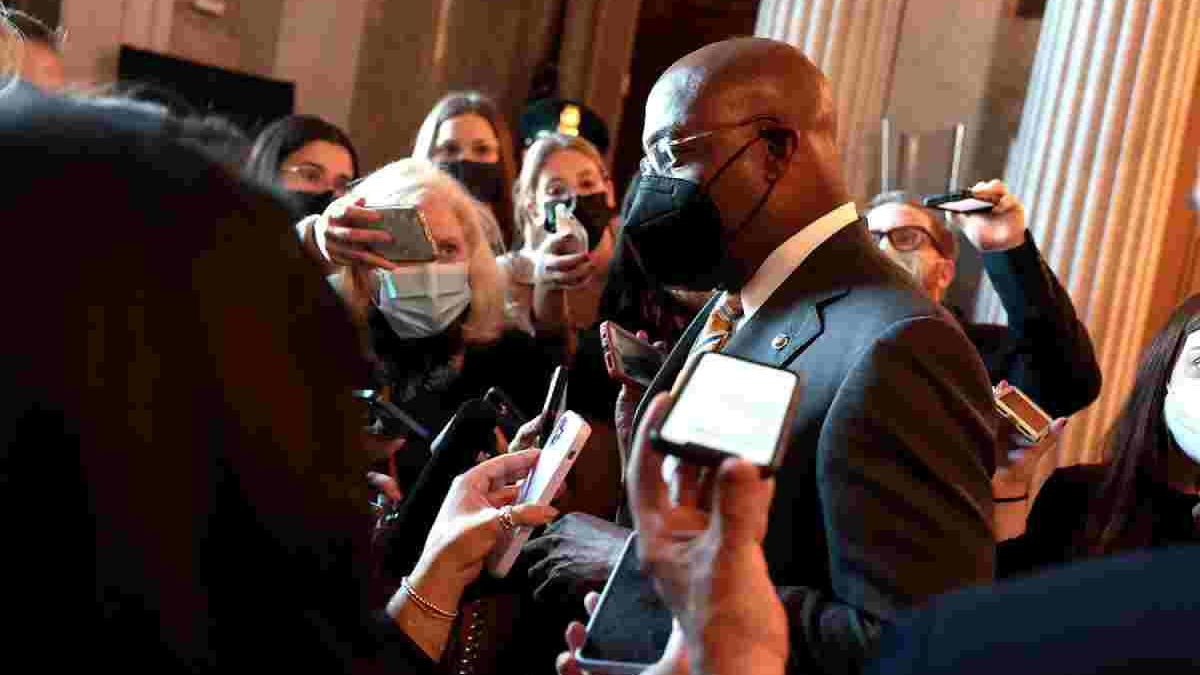Table of Contents
Generic
Political Journalism – Apply analysis and synthesis strategies in processing information and in professional practice. Show motivation for personal improvement, concern for quality and ethical commitment.
Specific
Political Journalism
Analyze the structure of the media and the socio-communicative reality of the environment, with its main formats, about social contexts and their changes and the main issues related to the information society, identifying the main actors, institutions, and social structures.
And also, master the language of traditional media (press, photography, radio and television), digital, multimedia and hypertext supports and express themselves with fluency and communicative efficiency (oral and written) both in their languages and in English.
Master the main characteristics of the journalistic profession, such as obtaining contrasted information from own sources of information, the search, contrast and hierarchy of information, and the features of the different journalistic genres (informative, interpretive and opinion).
However, identify the theories of journalism, public opinion and the processes of communication languages, and the theories and models of textual, rhetorical and discursive analysis.
Basic
Political Journalism
Students can transmit information, ideas, problems, and solutions to specialized and non-specialized audiences.
That students know how to put on their knowledge to their work or vocation in a professional way and possess the skills that are usually demonstrate through the elaboration and defence of arguments and the resolution of problems within their area of study.
Transverse
Become the leading actor in the training process itself with a view to personal and professional improvement and the acquisition of comprehensive training that allows learning and coexistence in a context that respects linguistic diversity, with diverse social, cultural, gender and economic realities.
Goals
Political journalism is one of the most developed specialities in the media. The media themselves have the function in contemporary society of creating a plan, a process related to the capacity of these media to set the pace of events, especially of a political nature. Therefore, how various times have we seen political leaders act based on how they want to build the story of current affairs in the media? And also, how many times take we heard that a newspaper has brought down a government?
For this reason, this subject’s main objective is to introduce students to the intellectual and practical singularities of journalism dedicated to politics, both the one that takes place within a parliament and in other government institutions or linked to social movements. The specific objectives are:
– however, understand the social system as a set of interrelated subsystems, of which the political is one of the essential bases.
– Know the various actors involved in politics and the relationships they maintain between them, either directly or through the media subsystem.
– it also Know the political dimension of the media and their participation in decision-making processes.
– Know the various journalistic genres and their specificities in the field of politics.
– Differentiate the informative treatment of political events depending on whether it is by press, radio, television or new media.
Learning outcomes
However, at the end of the subject, the student will be competent to develop the specificities of political journalism (current analysis, reflection) in the writing of journalistic genres, whether through traditional media (press, radio and television). Therefore, as in the new digital media where the confluence of formats occurs.
However, the student will be able to assume practical skills about this specialization of the journalistic profession and develop skills to deal with the intellectual and theoretical analysis of the news worthy event linked to current politics and conclude the general functioning of society.
Contents
Topic 1. The field of political communication.
1.1. Definition, scope and models of political communication.
1.2. Political journalism in the field of communication. Actors, forms, flows and phases.
1.3. The genres of political information.
1.4. And also, the relationship between journalists and politicians.
Subject 2. The journalistic information in the electoral campaigns.
2.1. It has , the context of electoral campaigns. Evolution and political-electoral marketing.
2.2. And also, basic concepts of political journalism in electoral campaigns.
- Therefore, the exercise of political journalism in electoral campaigns. Informative coverage and content.
Topic 3. The importance of language in political journalism.
3.1. What is political language?
3.2. However, rituals and political symbols.
3.3. Distortion and misinformation through language. Handling.
Topic 4. Effects of communication and political journalism.
4.1. Influences on citizen voters.
4.2. Ands also, sphere and public opinion.
4.3. And also, Propaganda, pressure groups and other easements.
Topic 5. However, the influence of new technologies in political journalism.
5.1. And also, cyber politics and digital journalism.
5.2. Therefore, data, social networks, segmentation of audiences and voters.
5.3. However, informative bubbles, debates, consensus and dissent online.

